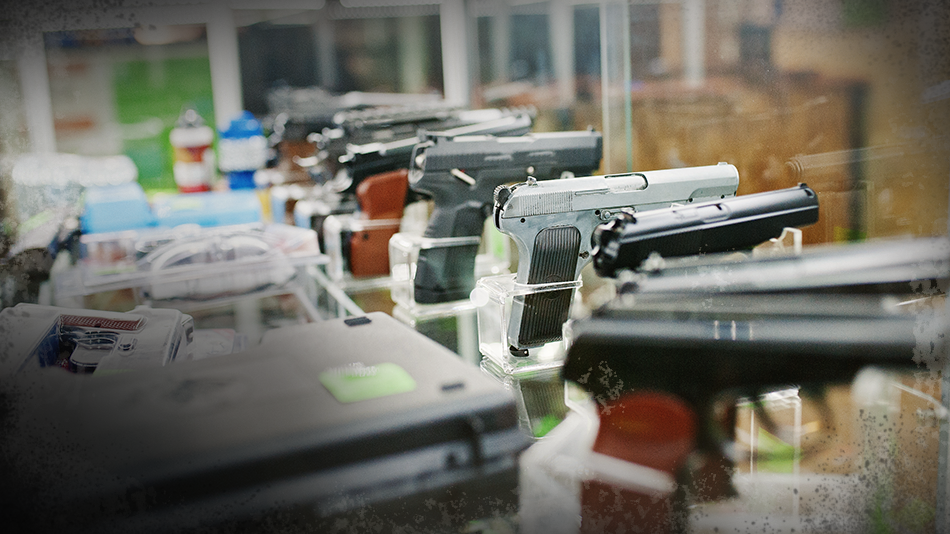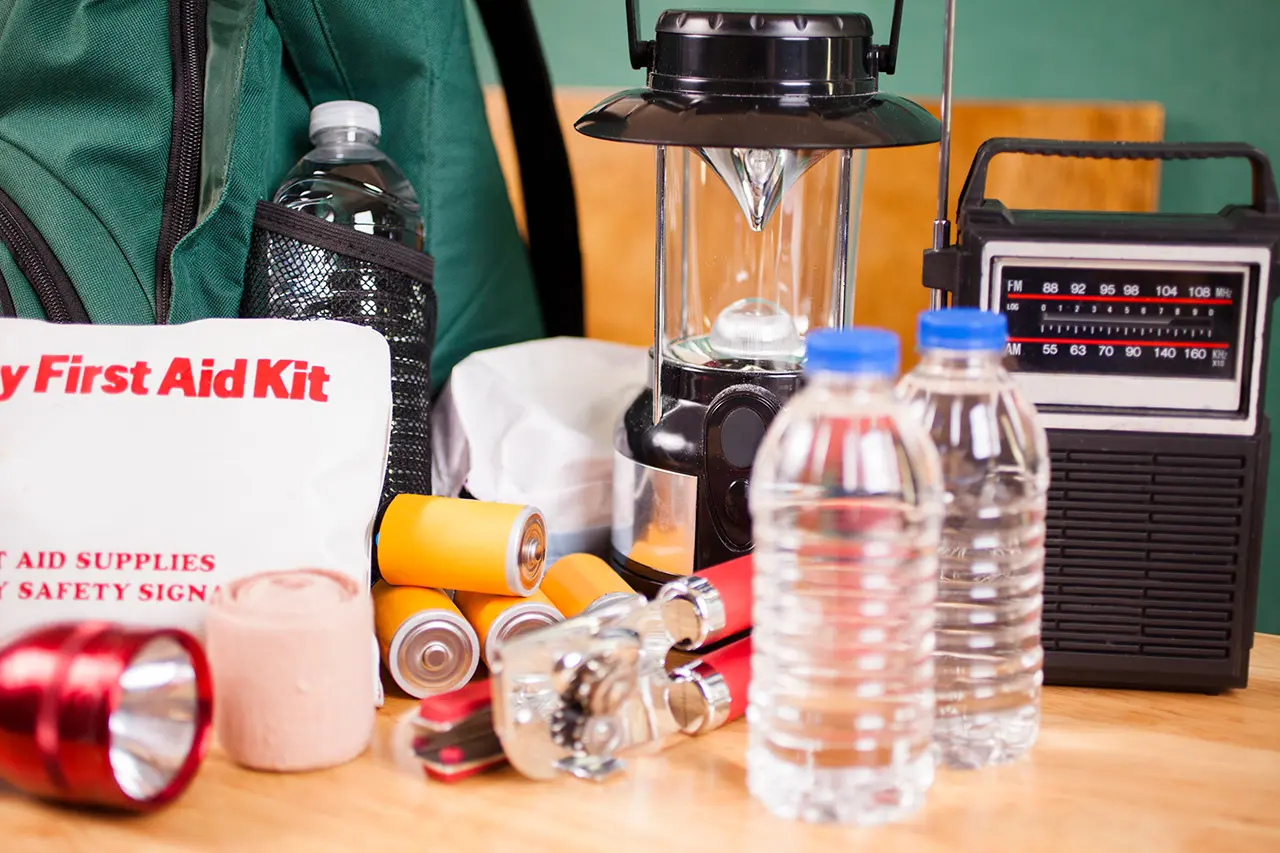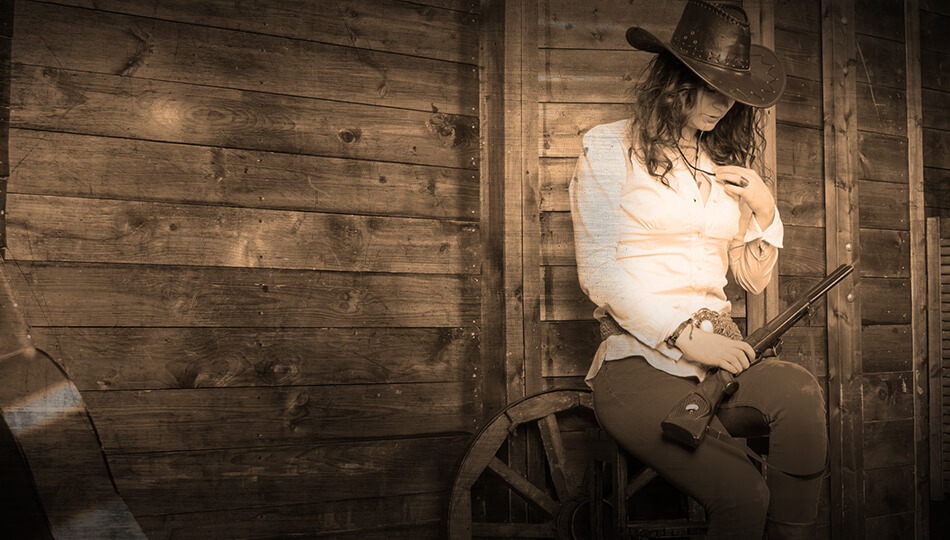
When you’re looking for a new gun, odds are good you’re going to run across quite a few used options. There’s nothing wrong with buying a used gun, but there are some things to consider. If you’re wondering how to buy a used gun, what you may want to look for, and some legal considerations, we’re here to help.
What Should I Look at When Buying a Used Gun?
One of the challenges of buying a used gun, especially if it’s from a seller you don’t know personally, is trying to figure out what to check. There are some things you can look for when buying a used gun in person. If you’re buying online, asking for additional photographs may help you further examine a firearm. When you have the opportunity for a hands-on evaluation, here are some things to consider:
- Check the gun’s overall exterior appearance. Although some wear from holsters or general use is normal, it shouldn’t be seriously damaged. The gun should be free of dents, gouges, or other major flaws.
- All controls should work. The controls include features such as the magazine releases, safety, and slide lock.
- Iron sights should be in good condition. If they’re damaged, make sure they’re replaceable and take that additional cost into consideration.
- The crown of the barrel—or the edge of the muzzle—should be smooth and undamaged.
- Rifling within the barrel shouldn’t be damaged. Checking requires examining the barrel’s interior, which can be difficult without the proper tools. Without tools, you can disassemble the gun and hold the barrel up to catch light enough to allow you to look at the rifling.
- If the model of gun is designed to lock open on an empty magazine, make sure it does.
- Pay attention to the trigger. Ask if it has been modified. Factory triggers are set within a specific pull weight range. If it’s an aftermarket trigger, consider whether you’d need or want to replace it and ask if the seller still has the factory one.
- On semi-automatic handguns, be sure the slide can be racked smoothly and without difficulty.
- On revolvers, check the cylinder to be sure it opens and closes properly and that all the chambers line up correctly with the barrel. Also look at the forcing cone—the breech end of the barrel—to be sure it’s in good condition and not excessively worn. Check exposed firing pins to be sure they’re functional and not worn out or broken.
- On guns with exposed hammers, check their function to be sure they operate as they should.
- On AR-platform rifles and pistols, check the Bolt Carrier Group (BCG) gas rings for wear and see if the gas keys are staked. Look at the buffer and buffer spring to be sure they’re the correct size for the gun in question.
- Inspect screw heads for unusual damage to the screw head itself or to the frame around it. It’s especially telling on revolvers when there’s significant damage from improperly sized tool use. Beware of home gunsmithing work done by people you don’t know are qualified.
- Dry fire the gun in a safe direction, with permission and taking proper precautions.
- Live fire is also a good way to test a firearm—if possible, safe, and legal.
- Check for a visible serial number. Firearms produced by a licensed manufacturer for sale must have a serial number and removal of that marking is generally prohibited. See 18 U.S.C. §§ 922(k), 923(i); 26 U.S.C. § 5861(h); 27 C.F.R. § 478.92. However, if you are purchasing a firearm that was constructed with an 80 percent lower—or a lower receiver that is generally 80 percent completed—and originally built for personal use by the maker, it may be a rifle or handgun without a serial number. In these instances, take the time to check your state and local laws as well as any applicable federal regulations. For instance, some states require a unique serial number for each self-made firearm. See e.g., Penal Code §§ 29180-29184. Also, be extra cautious when purchasing a gun built from an 80 percent receiver unless you know the person who built it and are confident in their abilities.
- Ask if the seller has the original box, manual, and any associated paperwork that came with the firearm when purchased. If they don’t, it isn’t necessarily a red flag, but be extra cautious as one would with any firearm purchase through as private seller.
Enjoying this content? Get more
Where Can I Buy Used Guns?
Generally speaking, where you’re legally able to buy used guns depends on where you are and where you live. There are some states that allow private sales without background checks, but that isn’t always the case. Additionally, there might be a registration requirement for your state, and some items might be banned or regulated in different jurisdictions. It’s your responsibility to be familiar with federal, state, and local laws, and to adhere to them.
In places where it’s legal to buy a gun privately without a background check, that might be a good avenue, if the item is legal and the seller and purchaser are operating lawfully. Otherwise, you’ll find used guns at gun stores, pawn shops, and gun shows, but each of those areas can come with their own complications and risks.
Can I Buy Used Guns Online?
Yes, as long as you’re acting in accordance with federal, state, and local law. You can find used firearms available online. Complete guns purchased online will need to ship to your local Federal Firearms License (FFL) dealer. See18 U.S.C. § 922. If you’re only buying parts, such as certain barrels or magazines, they may be able to be shipped to your home. If buying parts, make sure that those accessories or items are legal as well. When buying through a website, use reputable dealers and pay attention to reviews, warranties, and any return policies (if applicable). Some guns can’t be shipped to certain states or certain people, depending on the legal restrictions that may apply. For example, the state of California has a lot of gun control laws in place, meaning that there are restrictions on the types of firearms and related components that may be shipped there. As a result, websites and online sellers may have notices on specific models stating they can’t be sold or shipped to certain places.
Are Private Gun Sales Legal?
The answer to this depends on where you live. Many states allow private sales to occur between any two non-prohibited people without a background check (or people who otherwise are allowed to purchase and possess firearms under state and federal law). See e.g., Tex. Penal Code §§ 46.06, 46.07 (setting out restrictions in the State of Texas on the transfer of firearms). However, there are also states that restrict unfettered private sales to immediate family members, or that restrict them entirely without background checks and other regulations. See e.g., N.J. Stat. Ann. § 2C:58-3; Rev. Code Wash. § 9.41.113. Where legal, private, in-person sales must generally take place between residents of the same state. Therefore, while visiting another state, you’ll likely not be legally allowed to engage in a private sale. See e.g., 18 U.S.C. 922(a)(5). However, all state laws are unique, and there can be extra complications, including heavy regulations on private sales; limiting what items may be legally possessed or what items may be transferred in a private sale; limiting private sales to family members only; requiring certain documentation; requiring the item to be registered; or requiring a permit or license to purchase; etc. When in doubt, call your Independent Program Attorney and ask them if you can legally complete a private sale in your state!
Is it Safe to Buy with Gun Brokers?
Before buying through a gun broker, check their reviews and recommendations from past clients. Also take the time to find out for yourself if they’re properly licensed—don’t assume. As long as it’s legally allowed in your jurisdiction, it can be safe to consider a reputable gun broker and buy a gun through them. In fact, it might make things easier on you in the long run because it can save you the hassle of searching in numerous locations for a specific model of firearm, among other things.
If you have questions regarding the legalities of purchasing used guns, we can help. Members of U.S. LawShield®have the ability to ask questions by calling 877-448-6839. If you’re not yet a member, take a closer look at the many benefits of joining here.
Frequently Asked Questions About Buying a Used Gun:
Your Protection Starts Here!
BECOME A MEMBERThe information provided in this publication is intended to provide general information to individuals and is not legal advice. The information included in this publication may not be quoted or referred to in any other publication without the prior written consent of U.S. LawShield, to be given or withheld at our discretion. The information is not a substitute for, and does not replace the advice or representation of a licensed attorney. We strive to ensure the information included in this publication is accurate and current, however, no claim is made to the accuracy of the information and we are not responsible for any consequences that may result from the use of information in this publication. The use of this publication does not create an attorney-client relationship between U.S. LawShield, any independent program attorney, and any individual.





I got my permit for concealed carry recently to use for self-defense, so I’m planning to buy a used gun soon. I found your tip helpful when you told us to ask for the original box of the firearm, as well as its manual and any associated paperwork that came with it when it was purchased since not having them might turn out to be a red flag. I’ll be sure to inquire about it once I find out where to go for used gun trading soon.